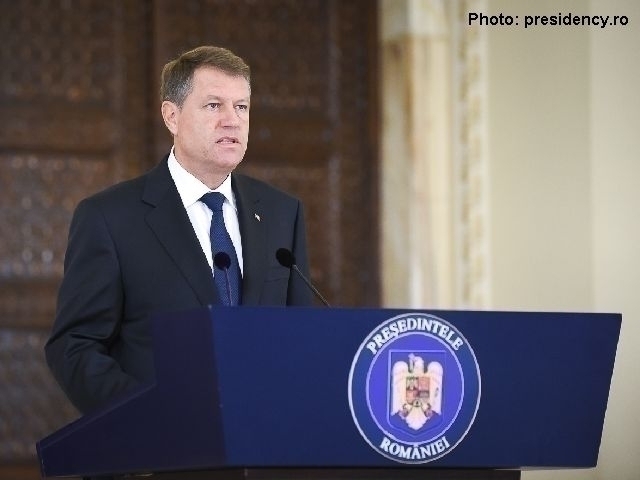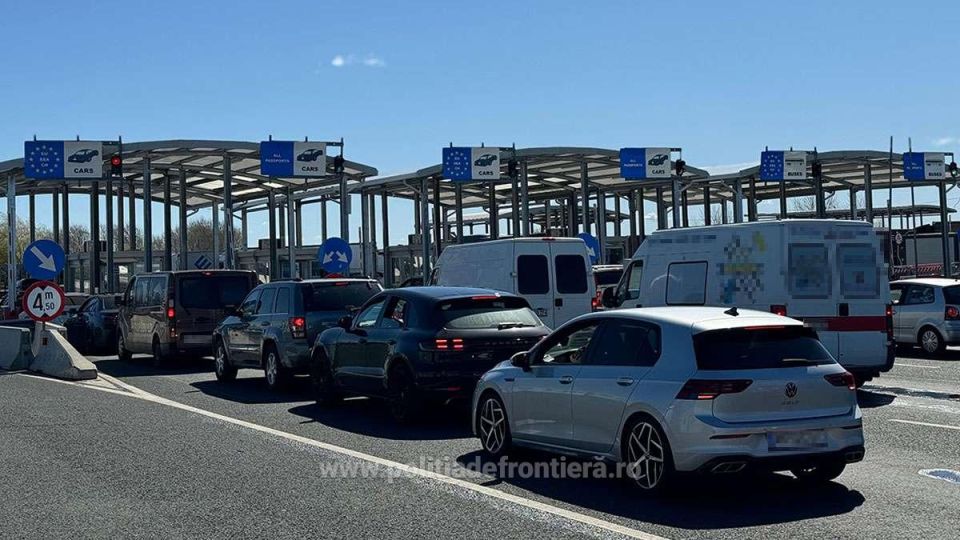Romania’s budget
Once signed into law by President Klaus Iohannis, the 2018 state budget and social security budget bills take effect

Bogdan Matei, 04.01.2018, 12:59
As expected by most commentators, President Klaus Iohannis Wednesday promulgated the 2018 state budget and social security budget bills. Just as predictably, however, the head of state warned that Romania must avoid the temptation of unsustainable economic growth that relies on consumption, budget deficits and growing public debt. He emphasised that the Government should now focus on improving tax collection, which is among the lowest in the EU, and finalising the investments it has planned.
According to the President, the public budget is built on merging social security contributions owed by employees, concurrently with the reduction of income taxes to 10%. But, he added, the ruling coalition, made up of the Social Democratic Party and the Alliance of Liberals and Democrats, must meet the Romanians expectations, so as not to affect the countrys economic stability and the living standards they promised to citizens.
The promulgated budget was endorsed by Parliament three days before Christmas. Of the thousands of amendments tabled by the right-wing Opposition, the National Liberal Party, Save Romania Union, and the Peoples Movement Party, most were turned down by the Majority, whose representatives voiced their belief that the budget is balanced and in line with the targets undertaken in the governing programme. The Social Democratic PM Mihai Tudose told the Senators and Deputies, at that time, that priorities would include public healthcare, education and infrastructure, which will get more money than in previous years, and that the results will be quick to show.
The state budget is based on a 5.5% economic growth rate, a 3.1% average annual inflation, an exchange rate of 4.55 lei for the euro and average monthly salaries of roughly 600 euros. The estimated budget deficit is 2.97% of the GDP, falling under the 3% ceiling. The PM also said that this is the most generous budget post-communist Romania ever had. We will manage to build a better country and secure better living standards for Romanians, the PM promised in Parliament.
Political scheming aside, the economic and social strategies promoted by the Government of Romania were criticised by both employers and trade unions in autumn. The leaders of the main trade union federations argue that the salary changes that took effect on January 1 will actually lead to lower incomes. The depreciation of the national currency, the leu, against the euro, as well as the increased foodstuff, utilities and service prices at the end of last year, are as many arguments that the months to come will be fraught with economic uncertainty and social tension.






























